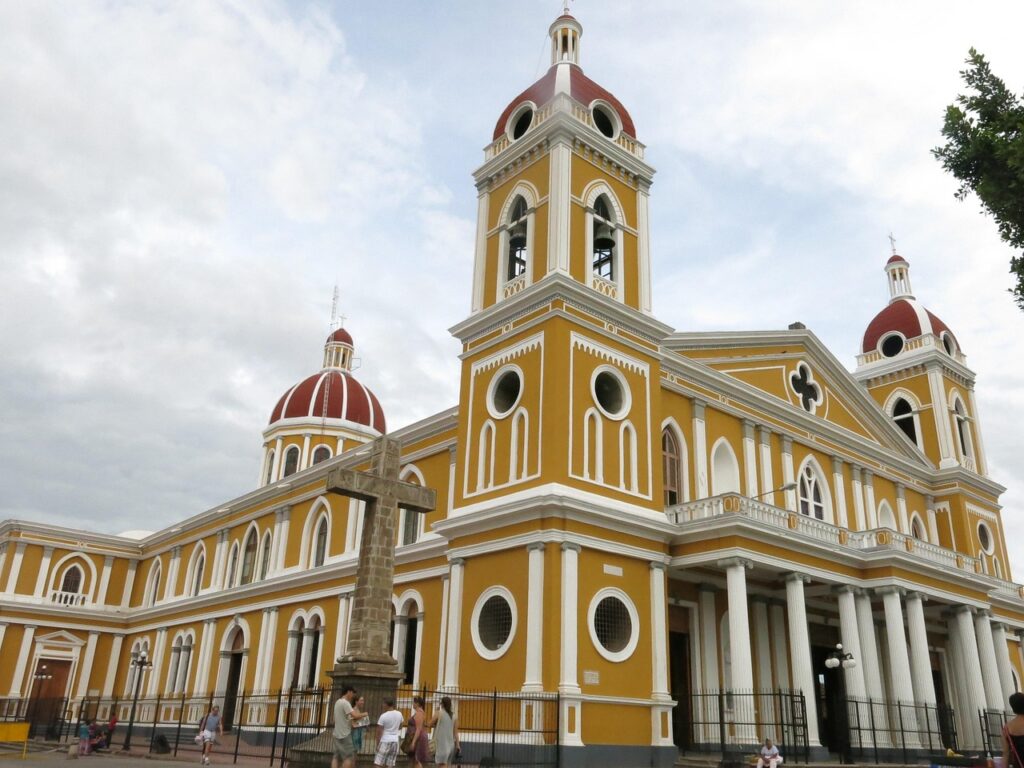
Understanding the Landscape
Nicaragua’s remote areas, beautiful as they may be, come with their own set of challenges. Picture volcanic landscapes, lush forests, and rugged coastlines. These places are often less traveled and sometimes less policed, making it vital to understand the nuances of safety while exploring ways off the beaten path. It’s not just about dodging crime; it’s about immersing yourself in the local culture without falling into potential pitfalls.
Crime Overview in Rural Nicaragua
As a traveler, knowing what type of crime exists can give you a leg up. In rural areas, petty crimes like theft—think of items left unattended at beaches or markets—are more common. But let’s not paint it all with the same brush. Violent crime is less frequent, especially in smaller towns where the community ties can create a protective atmosphere. Yet, don’t ignore it! Some regions have reported issues with gangs or drug traffickers, particularly close to the borders. Being aware is half the battle.
What Do the Locals Say?
Your best resource? Locals! They know the areas well and can share what’s considered safe and what to avoid. Whether it’s a street vendor or a hotel manager, relying on firsthand advice can offer insights that a guidebook simply can’t provide. I remember chatting with a shop owner in León who pointed out which streets to skip after sundown. It wasn’t just helpful; it was comforting to have that inside scoop.
Safety Tips That Really Matter
Now, let’s dive into some practical advice that can help keep your travels enjoyable and worry-free.
1. Stay Connected
Your smartphone can be a lifesaver. Apps like Google Maps can help navigate uncertain territory, and services such as local WhatsApp groups can keep you in the loop. Consider purchasing a local SIM card for better connectivity and to avoid hefty roaming charges. Plus, having internet access makes calling for help a lot easier if you need it!
2. Travel in Groups
There’s strength in numbers. Whenever possible, travel with friends or fellow adventurers. It’s not just safer, but often, shared experiences lead to better adventures. There’s something about tackling local markets or hiking treks as a unit that adds to the thrill—you end up looking out for one another while making unforgettable memories.
3. Choose Your Accommodation Wisely
Where you stay can impact your safety. Opt for well-reviewed hostels or hotels that prioritize security (think secure doors and in-room safes). I once stayed at a charming family-run place in San Juan del Sur where the owners took time to explain the do’s and don’ts of the area. Their hospitality was a huge comfort and certainly made me feel safer.
4. Know Local Emergency Numbers
If something were to go wrong, would you know who to call? Make sure you have the local emergency numbers handy. In Nicaragua, the police can be reached at 118, while the medical emergency number is 132. Having these saved in your phone can save you precious time in a crisis.
What to Avoid
While it’s important to embrace adventure, a few situational awareness tips can help prevent hiccups during your trip.
1. Avoid Flashy Signs of Wealth
Keep valuable belongings like expensive jewelry or tech gadgets out of sight. Walking around with a flashy camera can attract unwanted attention, so consider using a small, discreet camera or just your phone. This will help blend in more with locals and feel less like a target.
2. Don’t Share Travel Plans with Strangers
I know it sounds friendly to chat about your itinerary, but sharing too much can lead to unwanted advice or even trouble. Keep your plans vague in casual conversations—like “just exploring!”—and you’ll avoid becoming a potential mark.
3. Steer Clear of Unmarked Taxis
Use reputable taxi services or rideshare apps when traveling in cities. Unmarked taxis can be risky. It’s all about playing it safe; reputable drivers are much more likely to know the area and get you to your destination without issues.
Understanding Local Customs
Engaging with the local culture can significantly enhance your travel experience. Nicaragua is rich in traditions and customs that are worth exploring, but understanding them can also help you stay safe. For instance, greeting locals with a smile and a simple “Hola!” can go a long way in establishing rapport. Locals are often more inclined to help someone who shows respect for their culture.
The Power of Patience
Things move at a different pace in rural Nicaragua. Don’t be surprised if someone takes a bit longer to serve you or if things don’t just click into place as quickly as back home. Embracing this patience can help foster great interactions. Remember, travel is as much about the journey as the destination!
Final Thoughts for the Fearless Traveler
So, is Nicaragua’s rural side calling your name? With proper precautions, a sense of adventure, and openness to new connections, the beauty of this country can be yours to discover. Take these insights, plan wisely, and don’t forget to immerse yourself in the warmth of Nicaraguan hospitality. Safe travels!
For more resources and tips on traveling smartly in less familiar territories, check out this [Related: example](https://www.example.com).
**Related Reading:** – [Related: How to Plan a Solo Trip on a Budget] – [Related: Top Destinations for First-Time Solo Travelers] **#SoloTravel #Essential #Insights #Crime #Remote #Areas #Nicaragua #Fearless #Travelers #Guide #Safety**
